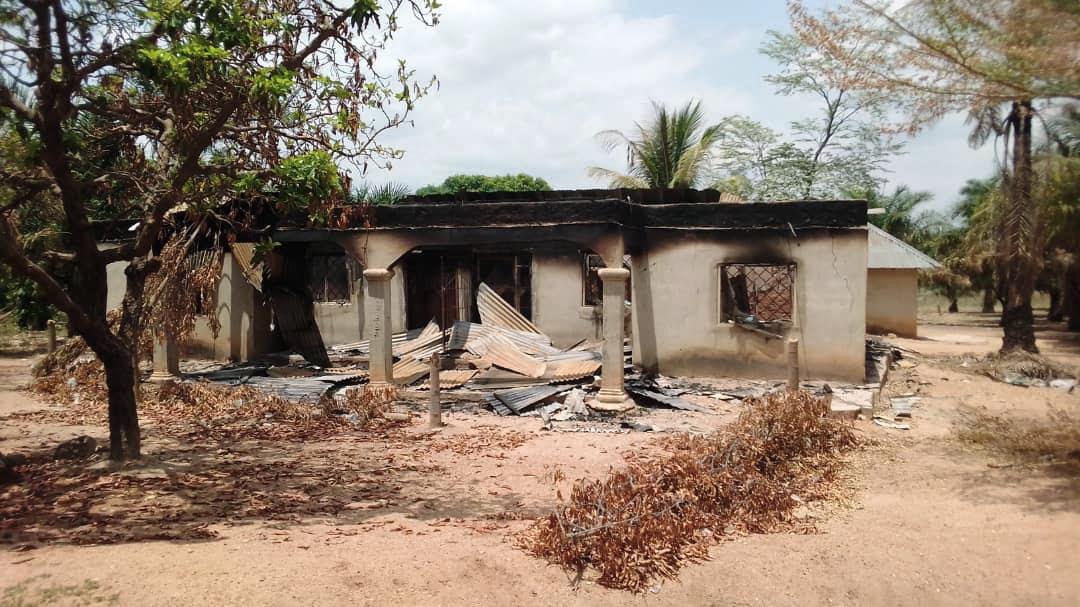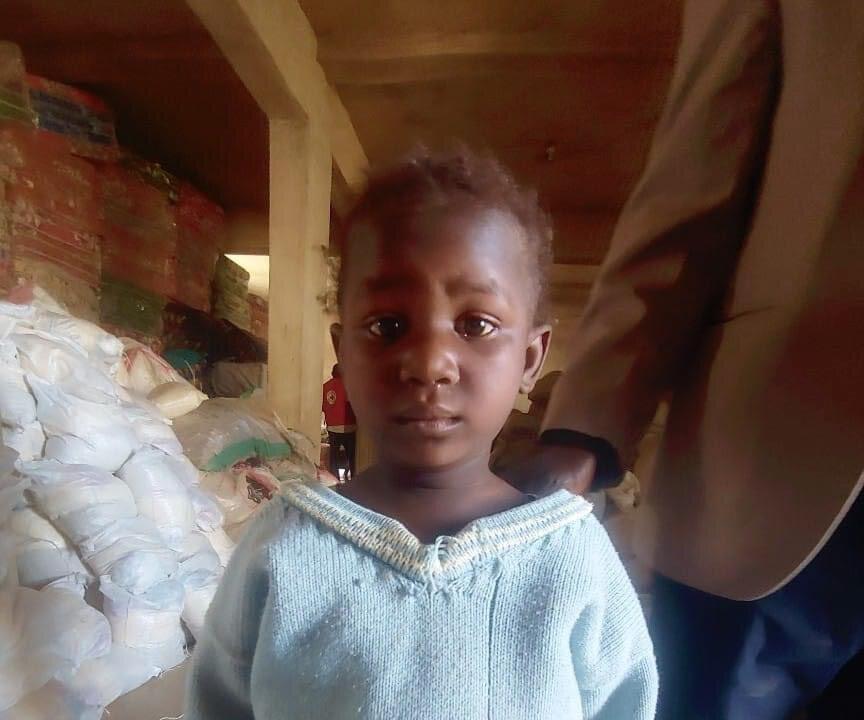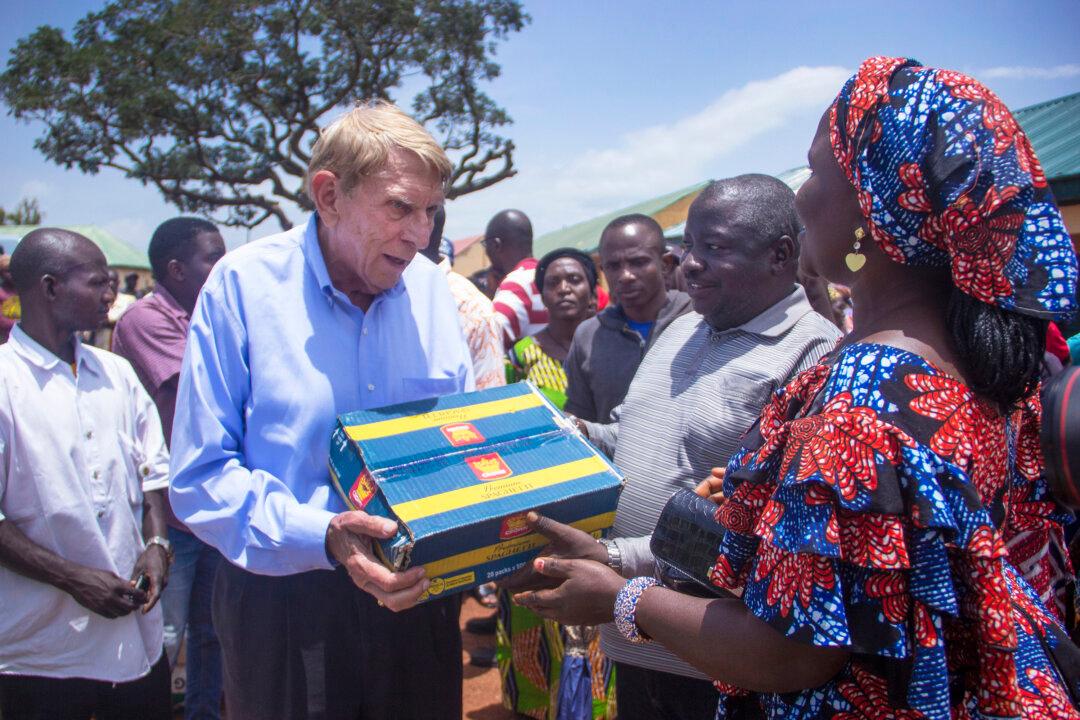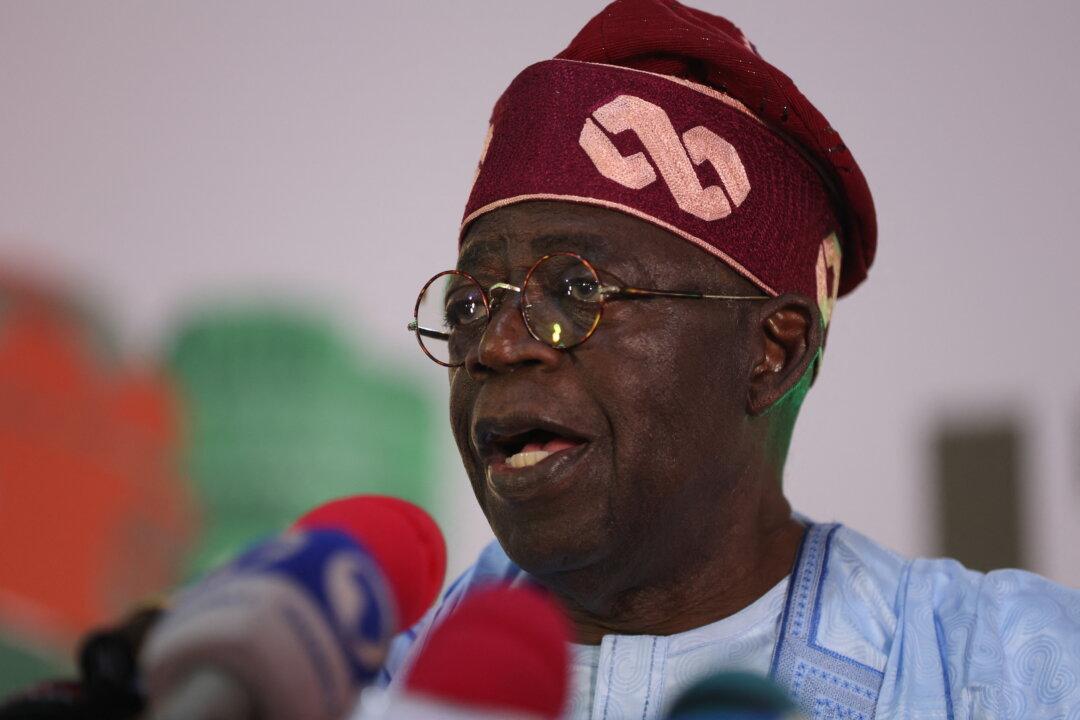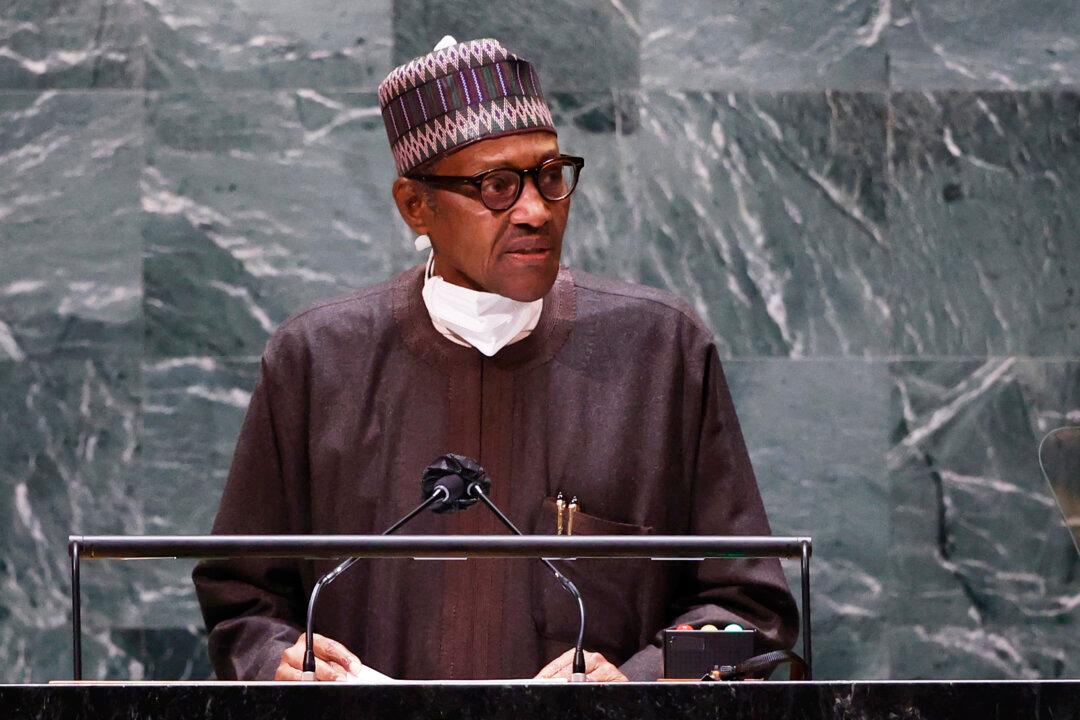JOS, Nigeria—A series of armed attacks targeting minority groups on the outskirts of Nigeria’s capital, Abuja, has left residents terrified and sparked fears that extremists are seeking to intensify religious persecution as the country undergoes a leadership transition in the coming weeks.
Nigeria is scheduled to inaugurate its president and vice president, both of whom are Muslim, on May 29.
